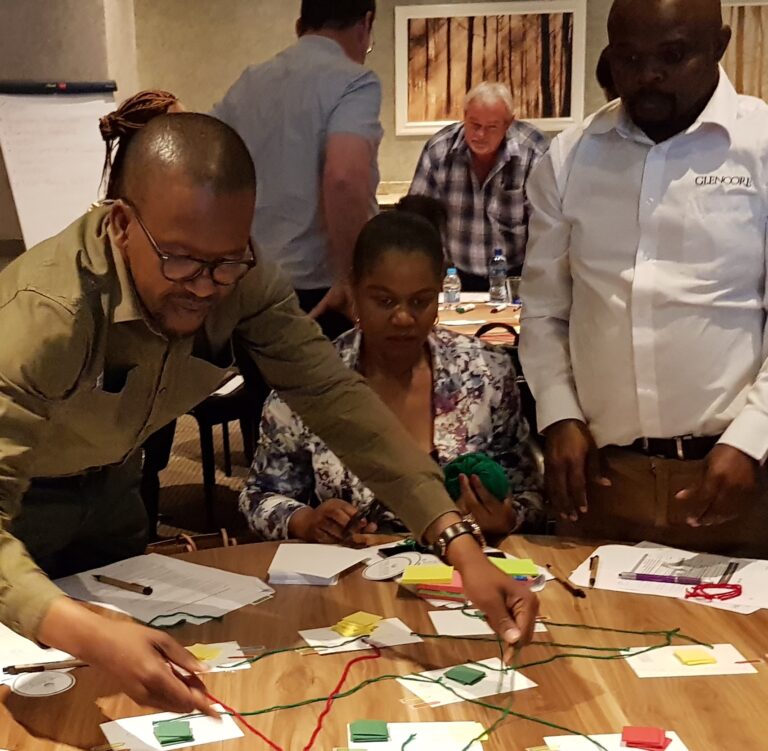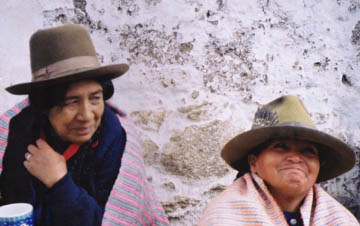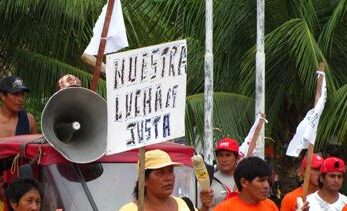What’s the S360?
The Stakeholder 360® is a research and consulting service based on the opinions of an organization’s stakeholders.
It helps organisations of every kind navigate the socio-political risks and opportunities in their stakeholder environments.


Most of the barriers to sustainable development are socio-political, not technical. However, its takes some technical knowledge of socio-political matters to remove those barriers.
The Stakeholder 360® provides that kind of knowledge by showing the patterns of social capital in the network and comparing them with templates that indicate different types of remedial interventions. Want to learn more ?
Corporations and governments find it especially useful because it:
- provides a complete list of stakeholders that goes beyond any one organization’s knowledge
- provides a complete list of stakeholder issues, concerns, or goals with various types of importance rankings
- matches clusters of stakeholders with clusters of issues to show who cares about what
- shows how much influence each stakeholder has in the stakeholder network
- shows which issues are linked to each other in the minds of different clusters of stakeholders
- can predict impending conflicts or alliances in the network
- suggests a path towards the socio-political conditions that foster sustainable development
SLaCDA: Social Licence and Controversy
Detector and Analyzer
The Stakeholder 360’s core functions have been programmed into SLaCDA.
Social Licence Assessment. SLaCDA uses artificial intelligence to measure the social licence implicit in any short text, be it from twitter, blogs, mainstream media webpages, or stakeholder interviews. Where social media posts are frequent, this permits continuous assessment of the social licence level.
Issue and Controversy Detection. SLaCDA’s also extracts topic and themes from texts. On small samples this either validates or adds to what a human reader could extract. On big volumes of text, it was previously impossible to immediately determine which stakeholders care about which issues. It can detect emerging issues before they become polarized and track the evolution of stakeholders’ narratives in response to events and interventions.
Networks of narratives. Once issues have been identified and labelled, SLaCDA can graph their connections with one another. This reveals metanarratives and often reveals the ideological assumptions of a socio-political coalition. At this level, the narratives support public policy proposals and even blueprints for a provisional social contract. This is where the social licence connects with legal licences and regulations.
